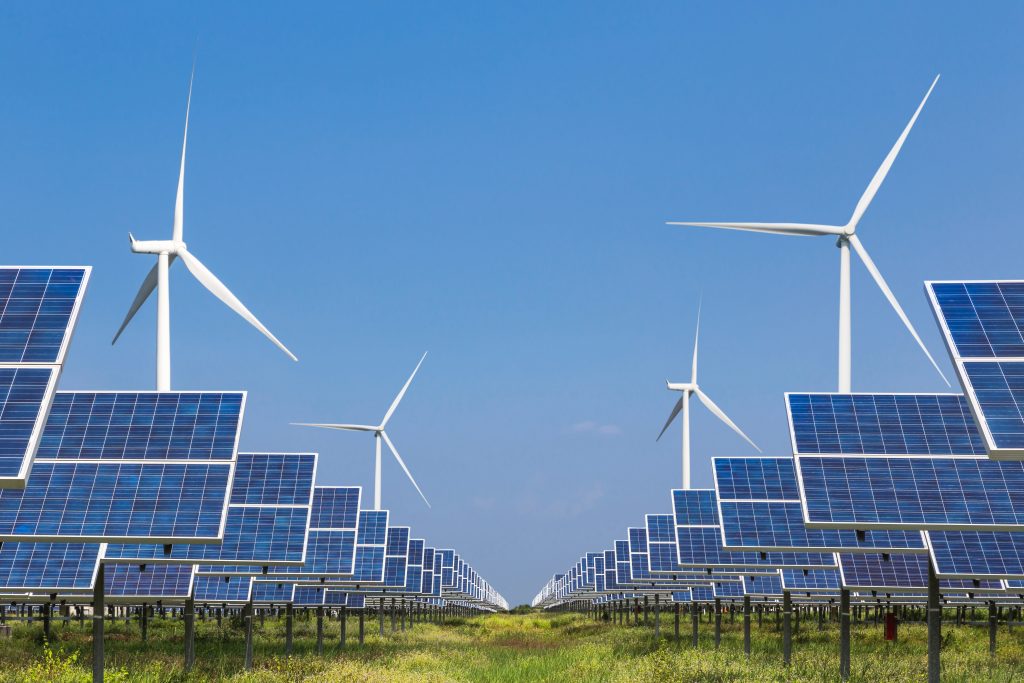Energy leaders pledge to share renewable benefits with local communities
Some of Australia’s largest energy companies have signed onto a new renewable energy development charter, pledging to work respectfully with local communities to share the benefits of a growing pipeline of new projects.

In total 37 businesses signed onto the charter at last week’s Australian Clean Energy Summit, committing to engage respectfully with communities, be sensitive to environmental and cultural values and contribute positively to the regions where they operate.
Building strong relationships with the people that live and work near large wind and solar farms has proven vital to get projects off the ground in a timely and cost-effective way.
Amongst the signatories are gentailers AGL and Origin, sustainable infrastructure and energy leader ACCIONA Australia and clean energy innovators Tesla. (The full list of signatories announced at the conference is available here)
Clean Energy Council Chief Executive Kane Thornton said it’s important for the renewable energy industry to share the benefits of new projects with local communities.
“Renewable energy is now the lowest cost kind of energy generation we can build today, and regional communities will see more of these projects over the coming decades. The industry understands we need to invest strongly in bringing local communities with us on the journey to secure the clean energy sector’s long-term success.”
“The charter is an initiative by the Clean Energy Council and our members, which continues to build on the extensive work we have done to set a high bar across the industry for community engagement over the course of this decade,” he said.
Companies signing the ten point charter committed to (summary):
- Engage respectfully with the local community, including Traditional Owners
- Provide timely information and responses to feedback and concerns
- Be sensitive to areas of high biodiversity, cultural and landscape value
- Minimise impacts on highly productive agricultural land, and explore opportunities to integrate continued agricultural production
- Consult the community on the potential impacts
- Support the local economy with local employment and procurement opportunities
- Offer communities the opportunity to share in benefits
- Demonstrate responsible land stewardship over the life of the development
- Decommission projects responsibly at the end of their life
LIKE THIS STORY? SIGN UP TO OUR NEWSLETTER

ARENA